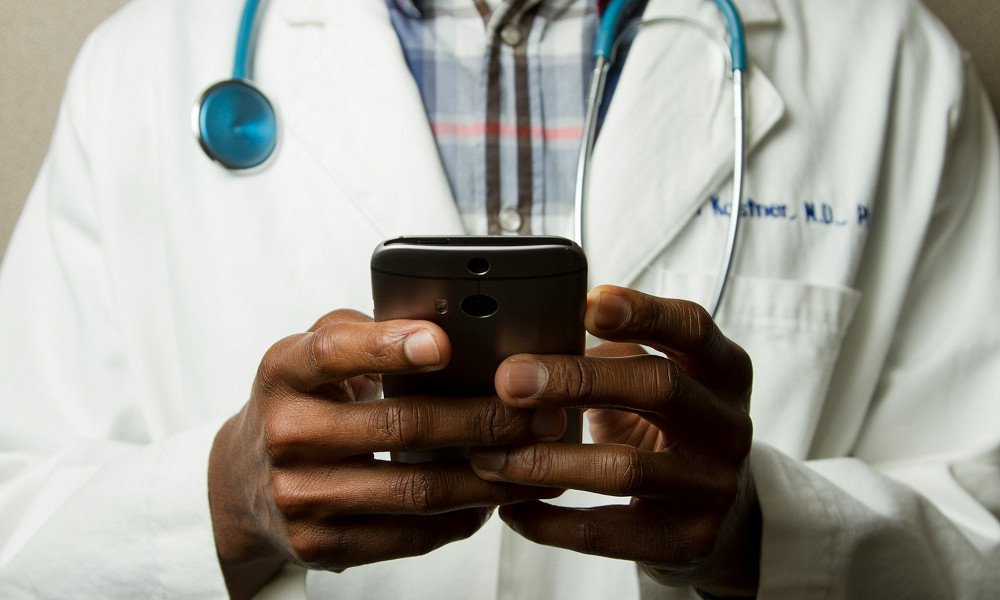Reviews
The Dangers of Technology in Healthcare: What Hospitals Need to Watch Out For

Electronic records, digital scans, and AI-powered tools have improved medical care in many ways. However, as healthcare depends more on technology, new risks have appeared. Cyberattacks, system failures, and privacy problems can put patients and hospitals in danger. If hospitals don’t protect their technology properly, patient information could get stolen, treatments could be delayed, and important machines could stop working. It’s important for healthcare institutions to find ways to protect themselves from these threats before they cause serious harm.
Stolen Patient Information
One of the biggest problems hospitals face is the risk of patient information getting stolen. Every time you visit a doctor, your personal details, like your name, address, and medical history, are stored in an electronic health record (EHR). Hackers try to break into these systems to steal data, which they can sell or use for fraud. Some hospitals have weak security, making them easy targets for cybercriminals. If this information falls into the wrong hands, it can cause a lot of problems for patients. Hospitals need strong passwords, secure computer systems, and trained staff to prevent these attacks.
Technology Failures Can Put Lives at Risk
Hospitals use many types of technology, from machines that monitor heart rates to computers that keep track of patient treatments. If these systems fail, doctors and nurses may not be able to access important information, which can slow down medical care. For example, if a hospital’s computers stop working, doctors might not be able to see which medicines a patient needs. This could lead to dangerous mistakes. Technology failures can happen because of software problems, power outages, or poor maintenance. To avoid these risks, hospitals need backup systems and plans for handling emergencies.
Cyber Threats and System Attacks
Hospitals are major targets for cybercriminals because they store valuable patient data and rely on digital systems to function. Cyberattacks can take many forms, including data breaches, malware infections, and phishing scams. One of the most dangerous threats is ransomware, where hackers lock a hospital’s files and demand money to unlock them. When this happens, hospitals may be forced to delay treatments or even cancel surgeries. Some institutions have had no choice but to pay the ransom to regain access to critical data. To protect against these risks, hospitals need strong cybersecurity, regular software updates, and staff training to recognize online threats.
The Risks of AI in Healthcare
Artificial intelligence (AI) is being used more and more in hospitals to help with diagnosing diseases and recommending treatments. While AI can be helpful, it also has risks. Sometimes, AI can make mistakes because it is trained on incorrect or biased data. If a hospital relies too much on AI, doctors might not double-check its decisions, which could lead to incorrect treatments. Also, some people worry about AI invading their privacy or making decisions without human input. Hospitals need to make sure that AI is used carefully and that doctors always have the final say in medical decisions.
Technology Systems That Don’t Work Well Together
Hospitals use different types of software to store patient records, track medicines, and schedule appointments. The problem is that many of these systems don’t work well together. If a hospital’s software can’t communicate with another medical office’s system, important patient information might not get transferred correctly. This can cause delays, confusion, and mistakes in medical care. To fix this, hospitals need to use systems that are designed to work together and make sure doctors and nurses can easily access the information they need.

-

 World1 week ago
World1 week agoEthiopian volcano erupts for first time in thousands of years
-

 Health2 days ago
Health2 days ago8 kittens die of H5N1 bird flu in the Netherlands
-

 Legal7 days ago
Legal7 days agoUtah Amber Alert: Jessika Francisco abducted by sex offender in Ogden
-

 US News6 days ago
US News6 days agoExplosion destroys home in Oakland, Maine; at least 1 injured
-

 Health7 days ago
Health7 days agoMexico’s September human bird flu case confirmed as H5N2
-

 Legal3 days ago
Legal3 days ago15 people shot, 4 killed, at birthday party in Stockton, California
-

 World7 days ago
World7 days agoWoman killed, man seriously injured in shark attack on Australia’s NSW coast
-

 US News2 days ago
US News2 days agoFire breaks out at Raleigh Convention Center in North Carolina




